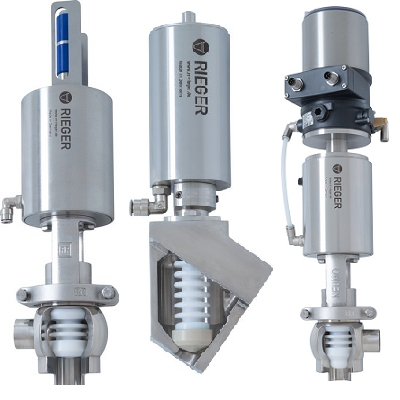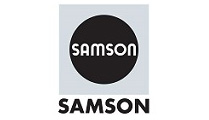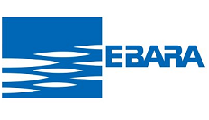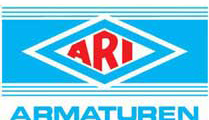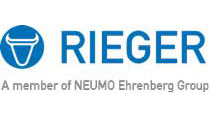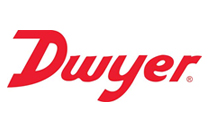RIEGER- Aseptic Valve
DECRIPTION
The valve body of the RIEGER aseptic valves is hermetically sealed from the environment, thus ensuring the perfect protection for your liquid product. The pocket-free design of the valve body and the optimum surface make it an indispensable part of sterile process engineering in food technology and pharmaceuticals. Thanks to the modular design the reconstruction of aseptic into hygienic version, of "air to open" on "air to closed", of liquid on fibrous and particulate media no problem. The dimensions can be adapted to local conditions. Even under special conditions such as high sterilization temperatures RIEGER Aseptic valves meet all requirements regarding reliability and reliable operation.
Tightness outwards and inwards by helium leak test (TA-Luft certified) has been exemplarily tested on bottom seat and BioCheck sampling valve.
Advantages of PTFE bellows over conventional metal bellows are clear:
| PTFE (TFM 1705) | metal 1.4571/1.4404 | ||
| Temperature resistance | 121 °C constant temperature 135 °C short-term |
150 °C Temperature resistance 160 °C short-term |
|
| media resistance |
to almost all products and cleaning agents |
depending on the O-ring material |
|
| life time |
depending on the version up to 10,000,000 |
depending on the version up to 200,000 | |
| Cleanability | very well, as block resistance (rectangular contour) with free gap of 1 to 1.5 mm and no deposit build-up |
Folds may roll over when opening, Deposits behind O-ring are possible. | |
| Maximum damage | Overburdened spot turns bright white and bellows flows → cannot tear |
In case of damage, the entire bellows rips through the entire cross-section. | |
| Aseptic process reliability | one-piece - fully aseptic because no other seals |
Requires at least 2 O-rings, which may be soiled behind. |
|
| Price for Spare bellows | The metal bellows is more expensive by a factor of 3-4. |
||




